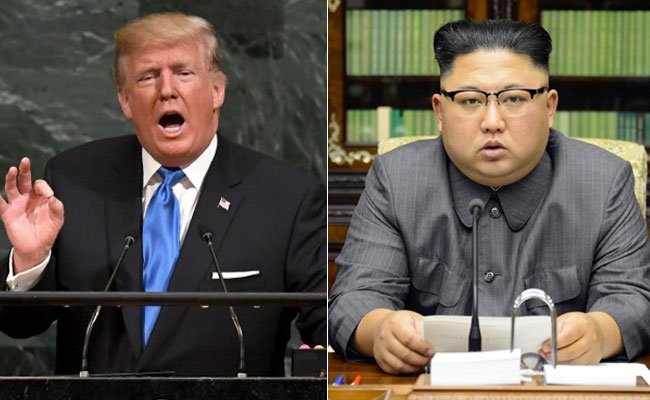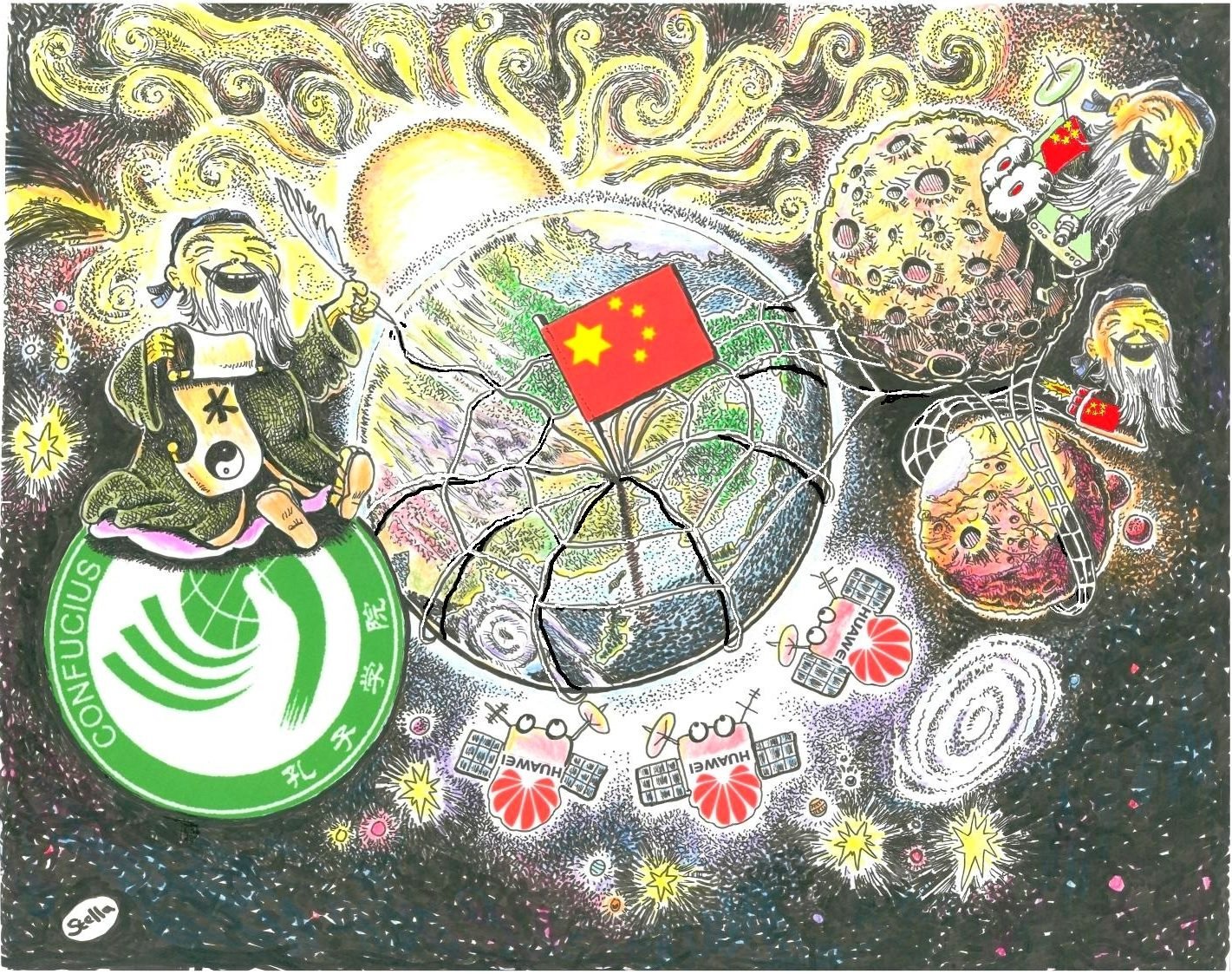In choosing between a nuclear threat from North Korea and a regime change, it’s wiser to choose the latter. It’s China, not the US, that provides the answer
Hostile foreign policy from North Korea has rendered it a threat to both regional and international security since its inception in 1948. This turbulence has meant that commitment from the United States has been an almost constant necessity, not only in protecting the interests of allied nations such as Japan and South Korea, but the interests of the West.
North Korea’s increasingly successful testing of nuclear weapons is not only altering the scale of the threat posed to allied nations, and thus the international community, but it is escalating tensions directly with the United States as more and more US citizens fall squarely in the firing line of Kim Jong-un’s madness.
When North Korea started testing nuclear warheads in 2006, it became clear that relations with North Korea were plummeting even faster in a direction from which they could never return and that, if the regime was not stopped before the maturation of these devices, the international community would be faced with two choices: live perpetually under the threat of nuclear violence from one of the most unstable and cruel figures in modern politics, or force a regime change.
Under the current circumstances regime change is a priority. Although the situation in North Korea is dire and the idea of establishing a functioning democracy seems unrealistic, it is an unfortunate necessity of foreign policy that, democratic nations, at least temporarily, tolerate well-behaved autocracies. There are many configurations of dictatorship that would render North Korea not only a less unruly neighbour, but also less depraved in the fashion through which it oppresses its people. In comparison to present instability, the overthrow of the current regime yielding even limited success, as in Iraq, means that the situation would be improved. Although, superficially, this might seem a very appealing option, overt warfare with the regime remains unpopular in the highest echelons of Washington – and there are very good reasons for this.

In 1950, a UN intervention led by the US, fought a war against North Korea to liberate South Korea and North Korea lost the majority of its territory. Few, including Chinese officials, believed that China, or the USSR, would openly become involved and victory and the dissolution of the North Korean state seemed inevitable. However, as the battle approached China’s border, Chairman Mao decided to support his comrades and the communist nations clashed with the free world. Although China has formally renounced communism, it has remained supportive of the regime. Open warfare cannot be risked again.
North Korea falls squarely within China’s sphere of influence and although its alliance may seem odd and the reasons are complex, China must consider the consequences of occupation of North Korea. Even best-case scenarios include a potentially unified Korea more aligned with US interests than its own. The destruction of the regime, and thus the North Korean state, could result in a nation of 25 million, desperately uneducated, unskilled and psychologically unstable people becoming displaced as refugees. Defectors already aggravate the government and have to choose between being hunted by the Chinese authorities and being condemned by their own. North Korean refugees are truly stateless people and victims of the most merciless human trafficking.
Should, as seems increasingly plausible, China stand down, there are still enormous hurdles to overcome. The desire to avert a perpetual nuclear standoff with the regime has obvious justifications. However, haste at the expense of appreciating the severity of the current standoff is dangerous. It is estimated that 60% of North Korea’s artillery is at the Demilitarised Zone, and could, within an hour, fire 500,000 rounds of artillery into heavily populated suburbs of Seoul. Ample evidence shows that the North has at its disposal around 5,000 metric tonnes of nerve agents. Should Kim Jong-un lash out, the lives of millions could be ended in terrible ways. Almost every conceivable military option could result in these threats against the South being actualised and these threats have helped keep the regime in place for more than 50 years. This is currently shown by North Korea’s missile tests over Japan, a U.S. ally.
“The desire to avert a perpetual nuclear standoff with the regime has obvious justifications”
In spite of the difficulties that China brings to the table, it is precisely North Korea’s reliance on China that presents us with the most plausible diplomatic option. International sanctions mean almost all trade, including energy supply, is with China and Russia. A withdrawal of all Chinese support would mean that the frequent power outages that currently hit Pyongyang would turn the lights out permanently on their nuclear ambitions without a single shot needing to be fired. Though this does little to alleviate the crisis of the 25 million people currently held hostage by the regime, it could permanently change the course of the future of the Korean peninsula and save the lives of millions.






Article Discussion